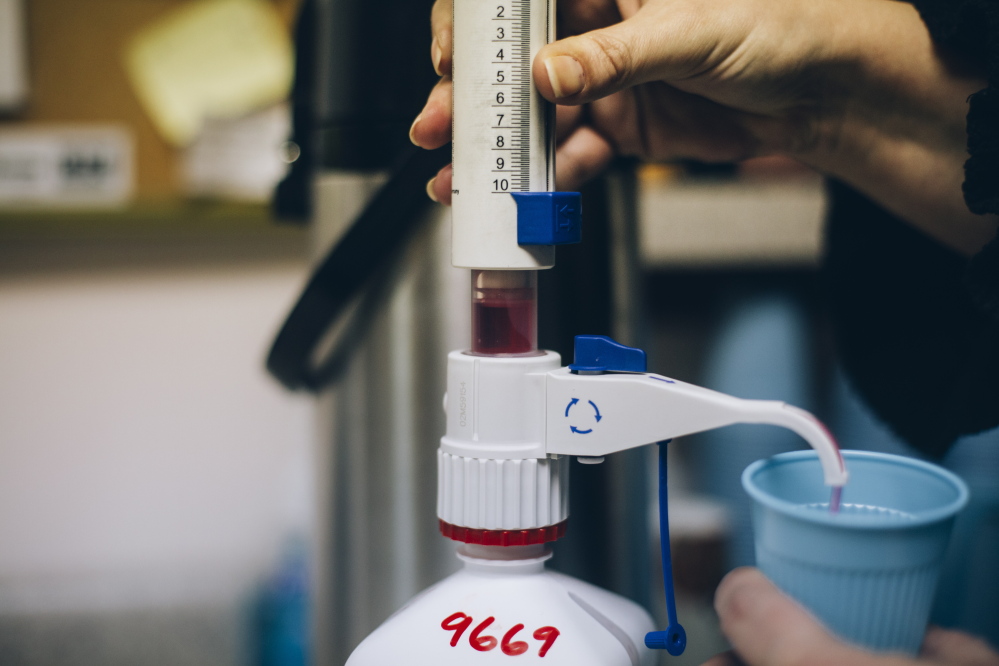Gov. LePage’s budget proposal last year sought to remove all state funding for methadone treatment, following through on his years-long promise to close clinics providing what is perhaps the best course of therapy for opioid addiction.
Thankfully, that effort failed. Unfortunately, the governor has another plan that would have a similar effect, albeit much more slowly.
New MaineCare rules proposed by the state Department of Health and Human Services would put additional burdens on methadone clinics at a time when they are already struggling to deliver services, and when delays in addiction treatment are exacerbating the state’s opioid crisis.
The new rules would, among other changes, increase counseling requirements for new patients.
Counseling is an important part of treatments involving methadone, a low-level opioid that eases the withdrawal symptoms and cravings of heroin users, allowing them to function without illegal drug use and the criminal activity and other negative behaviors that go with it.
But since lawmakers cut MaineCare reimbursement rates for methadone treatment – from $80 per patient per week in 2010 to $60 today, giving Maine one of the lowest rates in the country – clinics have been unable to serve as many patients, or to give their patients as much attention as they need.
Acadia Healthcare, for instance, was treating 611 patients at its Bangor clinic in 2010. That’s down to around 500 now, with those patients having fewer counseling opportunities.
The low reimbursement rates were also cited in the closure of programs in Westbrook and Sanford last year, and the burden is being felt elsewhere.
In drug treatment in Maine, waitlists are the order of the day. Acadia said it had around 80 people waiting for treatment, while another Bangor clinic recently cited a waitlist of 173.
With drug treatment, people are ready when they are ready, and failures to capitalize on that moment can be deadly. People waiting for treatment need to fend off withdrawal, so they’ll continue to buy drugs, contributing to the demand that drives the crisis. Some will end up in the emergency room or jail. All will suffer to some degree, as will their family and friends.
Maine has too few doctors prescribing Suboxone, another form of medication-assisted treatment, leading to the same end result.
With so many people waiting for treatment, it’s not hard to see why the problem is not going away – overdoses and arrests continue to rise.
State Sen. David Woodsome, R-North Waterboro, earlier this year proposed raising the reimbursement rate to $80, which is what it was when Maine first established methadone clinics in the mid-1990s, bringing into question whether even that is enough. But the effort failed.
Now, the DHHS wants to make it even more difficult for clinics to operate.
It is inconceivable that the LePage administration wants to erect more barriers to treatment when it should be knocking them down. Officials should listen to doctors and treatment advocates, scrap this plan immediately and go about giving methadone clinics the tools they need to fight a crisis that is growing by the day.
Send questions/comments to the editors.


